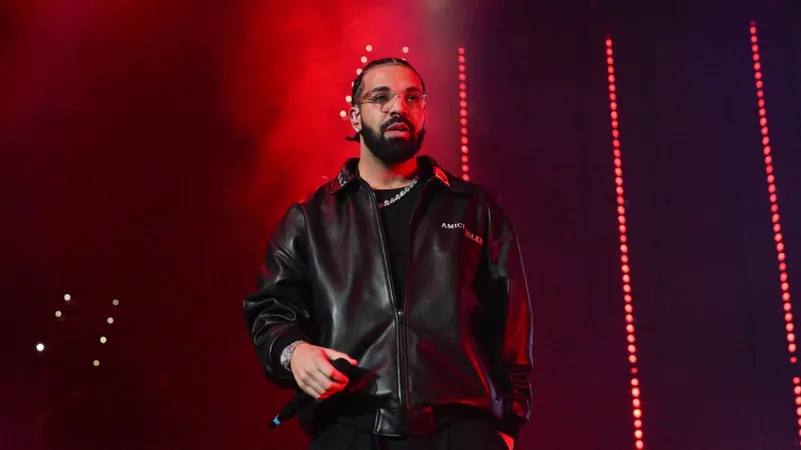
Drake Launches Bombshell Lawsuit Against UMG and Spotify Over Alleged Chart Manipulation for Kendrick Lamar's 'Not Like Us'
2024-11-25
Author: Kai
Introduction
In a surprising turn of events, global hip-hop icon Drake has filed a lawsuit against Universal Music Group (UMG) and Spotify, accusing the two companies of orchestrating a scheme to artificially boost the chart performance of Kendrick Lamar's latest single, "Not Like Us." This track has become infamous for its scathing verses targeting Drake, adding fuel to their long-standing rivalry.
The Lawsuit Details
Drake's legal team filed the initial complaint in Manhattan on November 25, representing his business entity Frozen Moments LLC. The allegations are nothing short of explosive: UMG supposedly employed illegal tactics, including the use of bots and payola—an illegal practice involving payments to music industry insiders—to enhance the streaming numbers for Lamar's highly provocative track, which many see as an intentional jab at Drake.
Key Allegations
In their court documents, Drake's attorneys argue vehemently, stating, "UMG did not rely on chance, or even ordinary business practices. It instead launched a campaign to manipulate and saturate the streaming services and airwaves." This bold claim highlights the extreme measures allegedly taken by UMG to favor Lamar in an increasingly competitive music landscape.
Legal Violations
The filing outlines alleged violations of the federal Racketeer Influenced and Corrupt Organizations (RICO) Act, typically reserved for cases concerning organized crime, along with deceptive business practices under New York law. The lawsuit signifies a dramatic escalation in the ongoing feud between two of hip-hop's titans, one that had previously been confined to diss tracks and lyrical battles.
Background of the Rivalry
Notably, this legal conflict signifies a deepening rift between Drake and UMG, where he began his illustrious career—first through Lil Wayne’s Young Money label, and later as a Republic Records artist. Kendrick Lamar, on the other hand, has also enjoyed a fruitful partnership with UMG, being associated with its TDE imprint and more recently, his own venture pgLang, which continues under the Interscope umbrella.
Pre-Action Petition
This initial action from Drake is billed as a "pre-action" petition, a legal step in New York designed to gather more information before launching a formal lawsuit. Although UMG and Spotify are the primary targets, the complexities of the allegations may lead to shifting attention as the case proceeds.
Allegations of Dubious Practices
Drake's lawyers assert that UMG engaged in a variety of dubious practices, including striking incredibly low licensing agreements with Spotify in exchange for promoting Lamar's song, paying social media influencers to increase its visibility, and even allegedly employing armies of bots to inflate streaming numbers artificially.
Manipulation of Digital Platforms
A particularly shocking accusation states that UMG may have engaged Apple in a covert agreement to manipulate Siri's responses, directing users searching for Drake’s "Certified Lover Boy" to Kendrick’s controversial track instead. Drake's lawyers claim this diversion underscored misleading tactics aimed to paint Lamar's track as more popular than it was.
Motivation Behind the Allegations
Drake's team suggests that UMG's motivation lies in corporate dynamics that generally favor division-level performance metrics, allowing certain executives to prioritize the success of "Not Like Us" for personal financial gain. They argue that this was alongside an apparent desire to revitalize the artists' back catalogs.
Attempts to Resolve Issues
As tensions rise, Drake maintains that he attempted to address these concerns directly with UMG before resorting to legal action, only to find the label disinterested in acknowledging its alleged misconduct. Disconcertingly, Drake claims that UMG's response has been to blame Lamar directly for the situation and discourage Drake from pursuing them legally.
Broader Implications
The implications of this case extend far beyond a feud; they raise questions about ethical practices in the music industry, particularly in a digital age where streams can translate to a powerful public image. As this story develops, it remains to be seen how it will reshape the landscape of hip-hop rivalries and the corporate music world. Stay tuned for more updates on this unfolding saga.
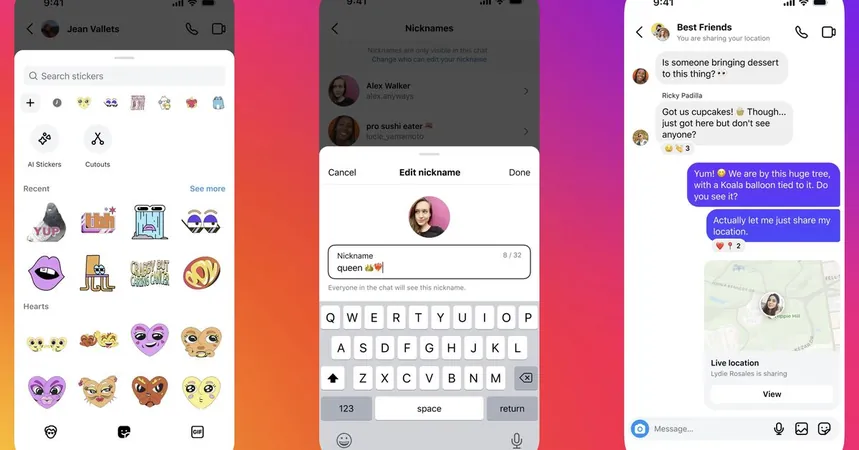
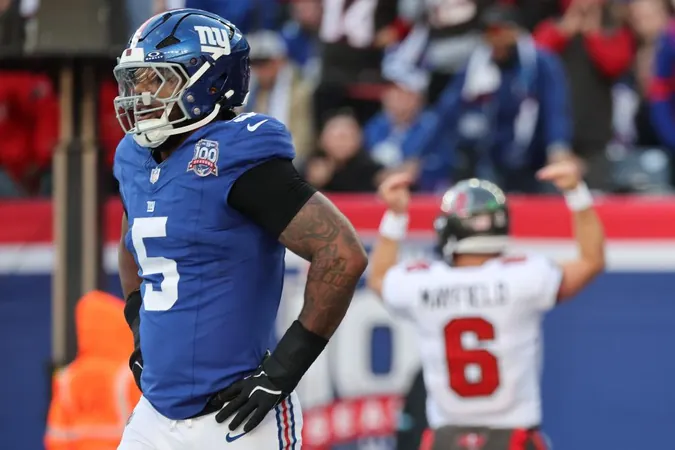
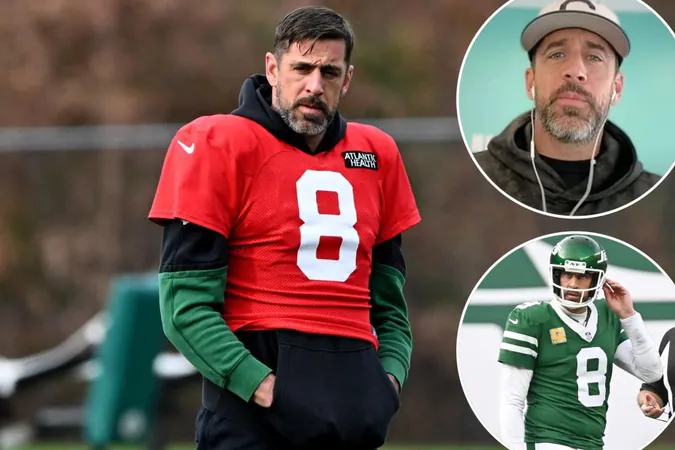
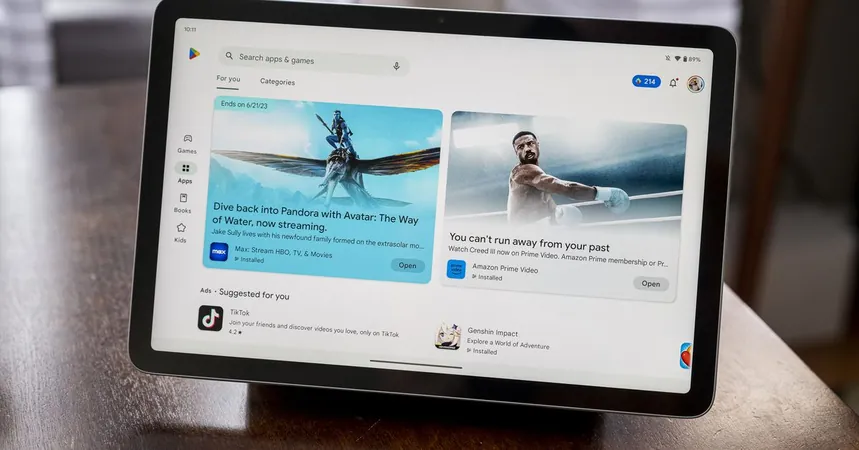
 Brasil (PT)
Brasil (PT)
 Canada (EN)
Canada (EN)
 Chile (ES)
Chile (ES)
 España (ES)
España (ES)
 France (FR)
France (FR)
 Hong Kong (EN)
Hong Kong (EN)
 Italia (IT)
Italia (IT)
 日本 (JA)
日本 (JA)
 Magyarország (HU)
Magyarország (HU)
 Norge (NO)
Norge (NO)
 Polska (PL)
Polska (PL)
 Schweiz (DE)
Schweiz (DE)
 Singapore (EN)
Singapore (EN)
 Sverige (SV)
Sverige (SV)
 Suomi (FI)
Suomi (FI)
 Türkiye (TR)
Türkiye (TR)